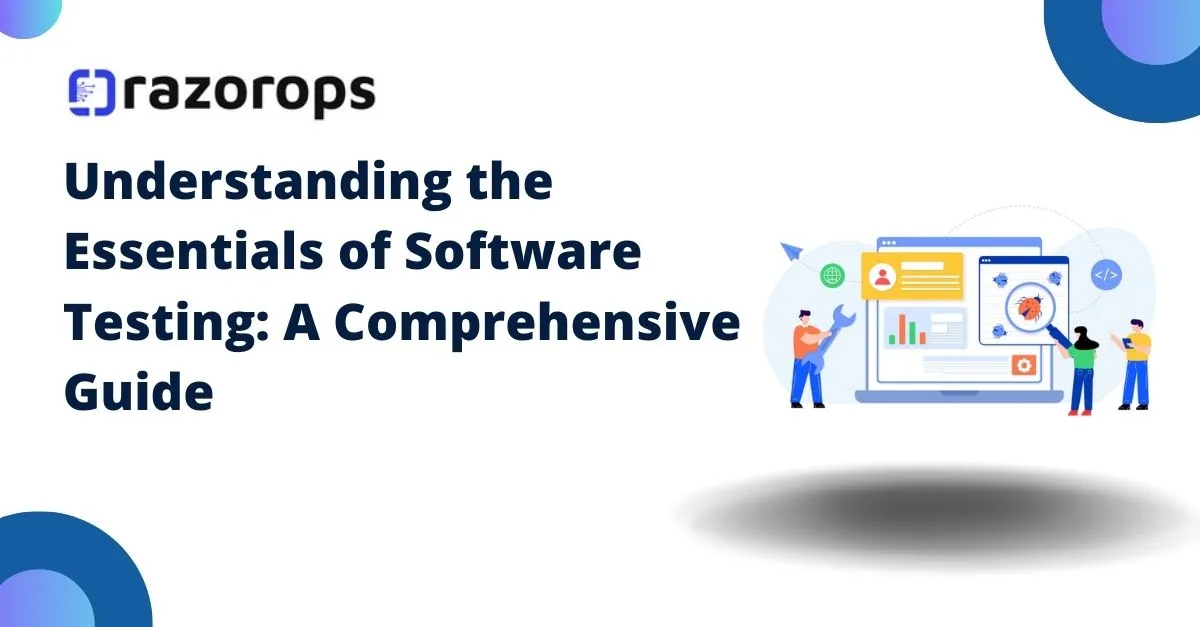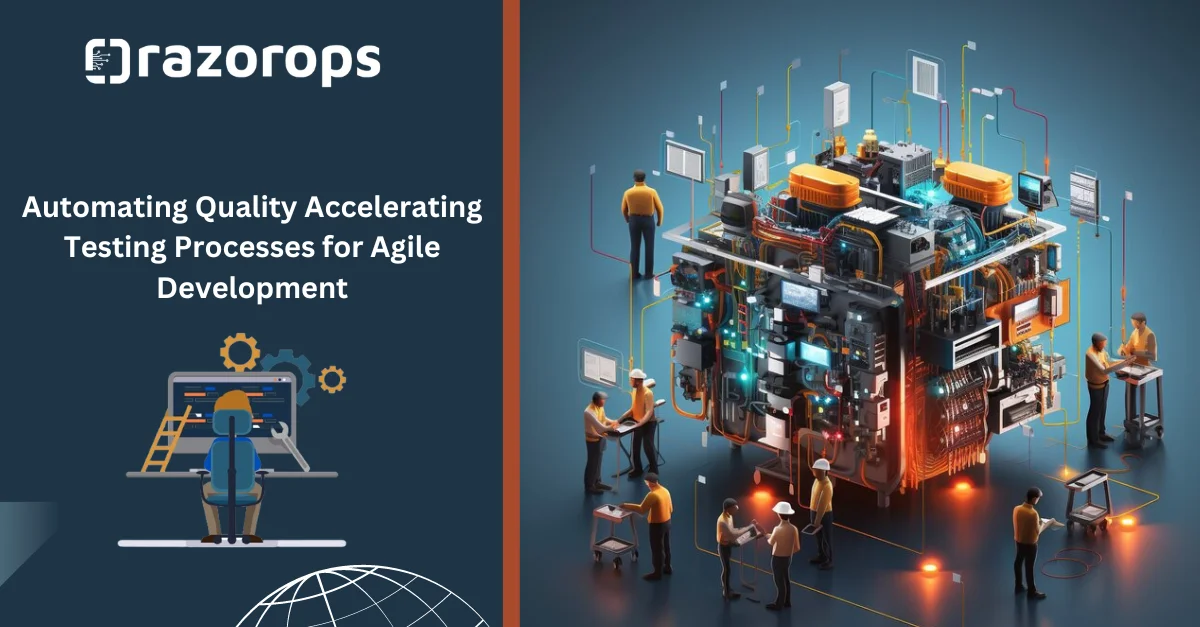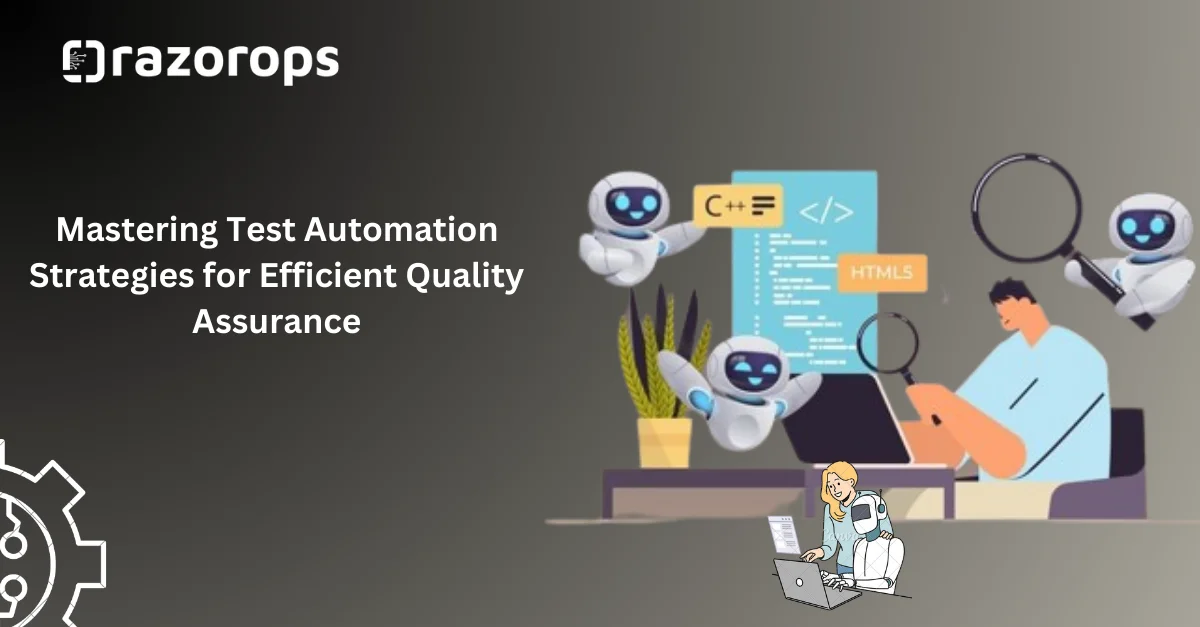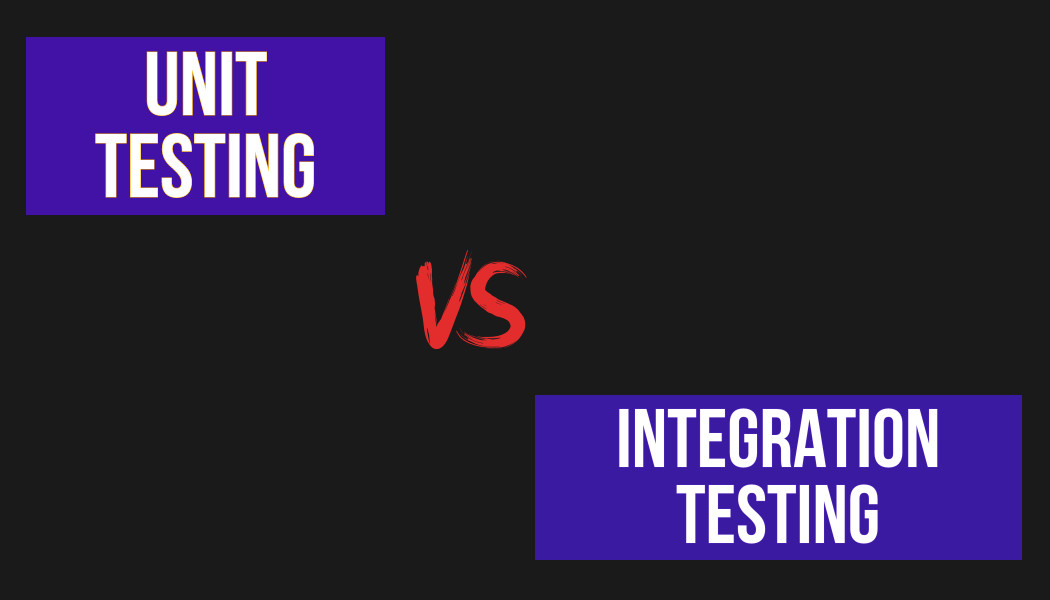Test Automation Best Practices Maximizing Efficiency and Effectiveness
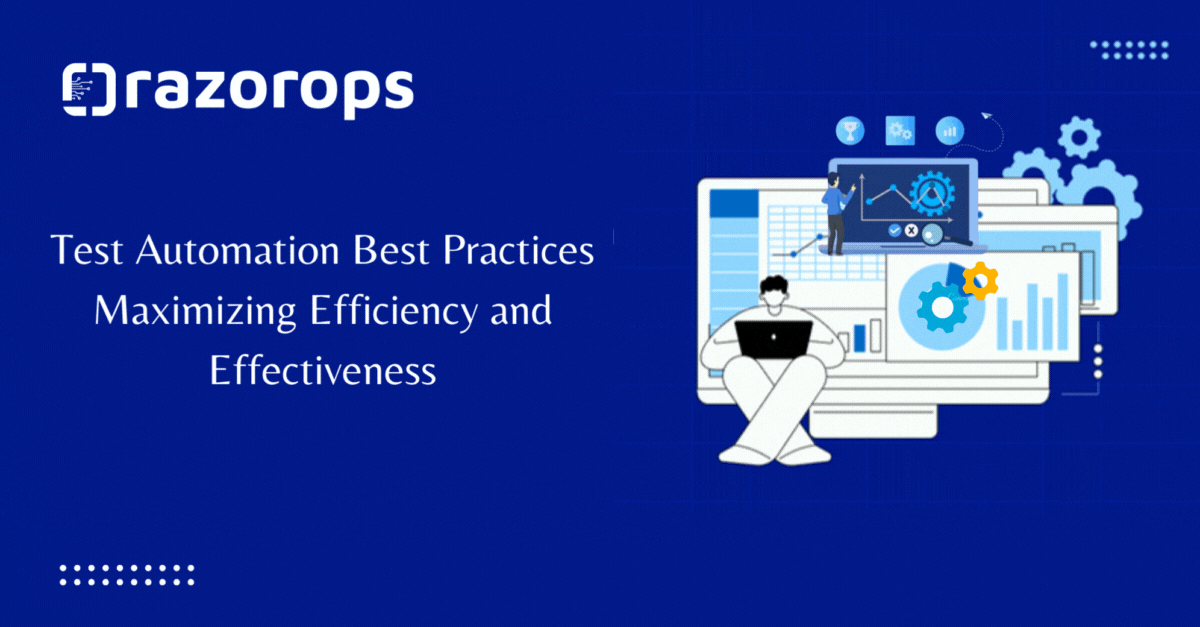
Test automation has become an indispensable part of software development, ensuring faster releases, higher quality, and overall cost-effectiveness. However, to reap the full benefits, it’s crucial to implement best practices that maximize efficiency and effectiveness. In this blog post, we’ll delve into some key strategies and tips for achieving optimal results with test automation.
1. Define Clear Objectives
Before diving into automation, define clear objectives for your testing efforts. Identify what you want to achieve, such as faster regression testing, improved test coverage, or faster feedback loops. Clear objectives guide your automation strategy and help prioritize efforts.
2. Select the Right Tools
Choosing the right test automation tools is paramount. Evaluate tools based on your project requirements, such as compatibility with your technology stack, ease of use, community support, and scalability. Popular automation tools include Selenium WebDriver for web applications and Appium for mobile testing.
3. Design Robust Test Cases
Create robust and maintainable test cases that cover critical functionalities. Follow the principles of good test design, such as using descriptive and meaningful test names, minimizing dependencies between tests, and organizing tests into logical suites for easy management.
4. Prioritize Test Coverage
Focus on maximizing test coverage while ensuring efficient use of resources. Prioritize tests based on risk analysis, covering critical paths and functionalities first. Use techniques like equivalence partitioning and boundary value analysis to design effective test cases with minimal redundancy.
5. Implement Version Control
Utilize version control systems such as Git to manage test scripts, configurations, and test data. Version control enables collaboration, tracks changes, facilitates rollback if needed, and ensures consistency across testing environments.
6. Integrate Continuous Integration/Continuous Deployment (CI/CD)
Integrate test automation into your CI/CD pipelines for seamless testing throughout the development lifecycle. Automate test execution triggered by code commits, ensuring immediate feedback on build quality. CI/CD integration fosters agility and accelerates time-to-market.
7. Monitor and Analyze Test Results
Regularly monitor and analyze test results to identify trends, patterns, and areas for improvement. Leverage reporting and analytics tools to gain insights into test coverage, failure rates, execution times, and overall test quality. Use data-driven decisions to optimize testing strategies.
8. Maintain Test Environment Stability
Ensure test environment stability by managing dependencies, maintaining clean test data, and controlling environmental variables. Consistent and reliable test environments minimize flakiness and false positives, enhancing the credibility of automated tests.
9. Invest in Training and Collaboration
Invest in training programs to upskill your team in test automation best practices, tools, and methodologies. Foster collaboration between developers, testers, and other stakeholders to promote knowledge sharing, align goals, and improve overall testing effectiveness.
10. Regularly Update and Refactor Automation Code
Stay proactive in maintaining automation code by regularly updating dependencies, refactoring code for readability and scalability, and addressing technical debt. Adopt coding standards and best practices to ensure code quality and long-term maintainability.
By following these best practices for test automation, organizations can maximize efficiency, improve test coverage, and enhance the overall effectiveness of their testing efforts. Adopting a strategic approach to test automation not only accelerates release cycles but also contributes to delivering high-quality software that meets customer expectations. Follow RazorOps Linkedin Page Razorops, Inc.

